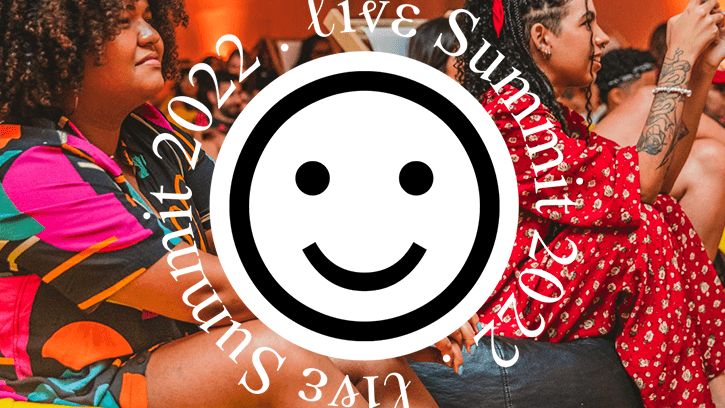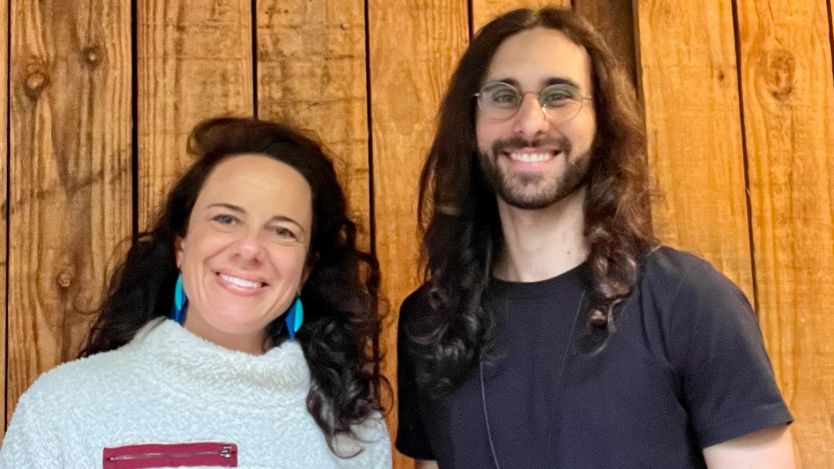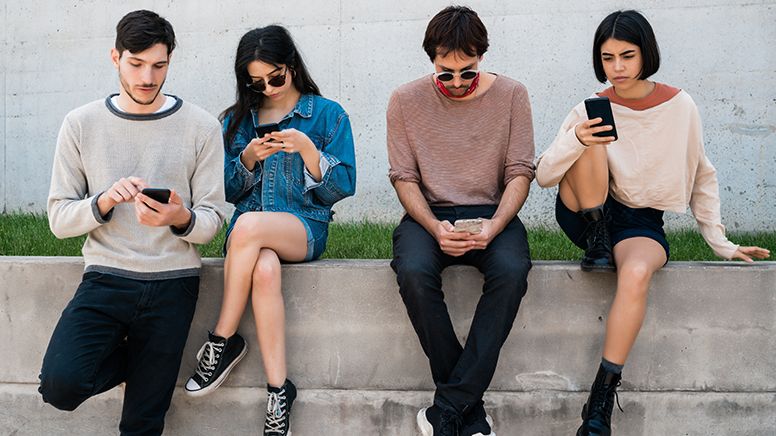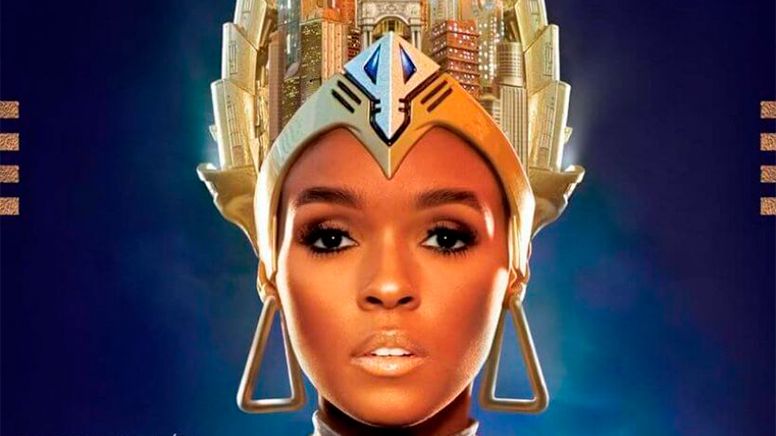Have you ever heard about “Afrofuturism”?
by ℓiⱴε team
Nov 20th, 2020 » 4 min (Afro) (Afrofuturism) (Art) (Culture) (Philosophy) (ScienceFiction)
Many people must have first heard of "Afrofuturism" in 2018, with the release of the movie "Black Panther", which introduced us to a Black superhero and the fictional nation "Wakanda" – a futuristic kingdom heavily based on African roots –joining ancestry and technology in its development.
Many people must have first heard of "Afrofuturism" in 2018, with the release of the movie "Black Panther", which introduced us to a Black superhero and the fictional nation "Wakanda" – a futuristic kingdom heavily based on African roots –joining ancestry and technology in its development.
Recently, Afrofuturism has been in the news again after the release of Beyoncé's musical film and visual album "Black is King”. Loaded with African references and ancestry, "Black is King" was an immediate success and sparked a pioneering debate among Brazilians. But the term and the concept were not born in 2020 and several Afrofuturist works date back to the end of the 20th century.
And... if you haven't heard of this term yet, you must have at least seen some reference to it on album/song covers or clips by artists such as Janelle Monáe (The ArchAndroid), Afrika Bambaataa (Planet Rock) or Erikah Badu (Didn't Cha Know), among others.
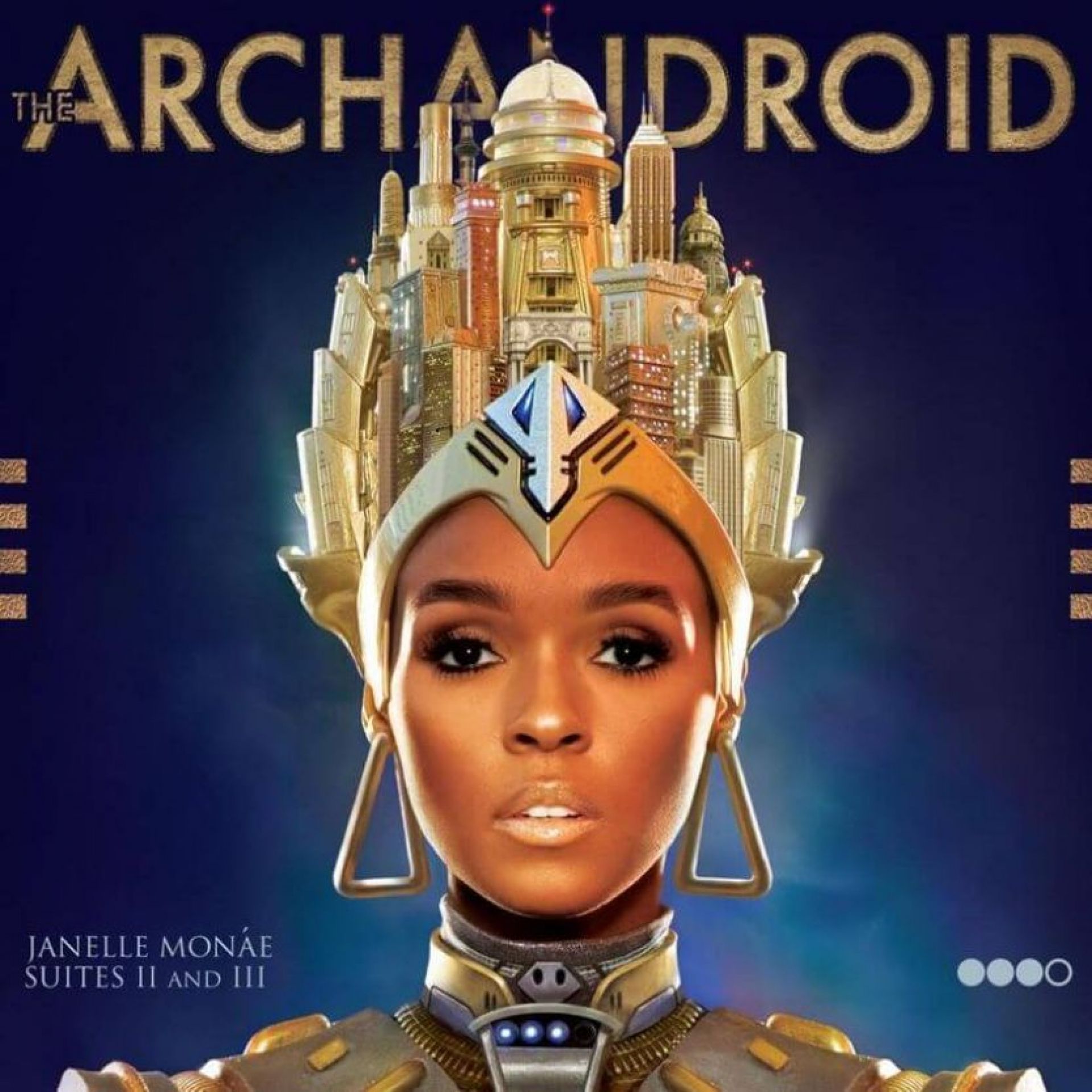
Come here and I'll tell you more...
The term was coined by Mark Dery in the 1990s, but Sun Ra, a musician and composer who was successful in the 1960s, is treated by many as the first to explore the aesthetics and concepts that would come to be consolidated under the term "Afrofuturism."
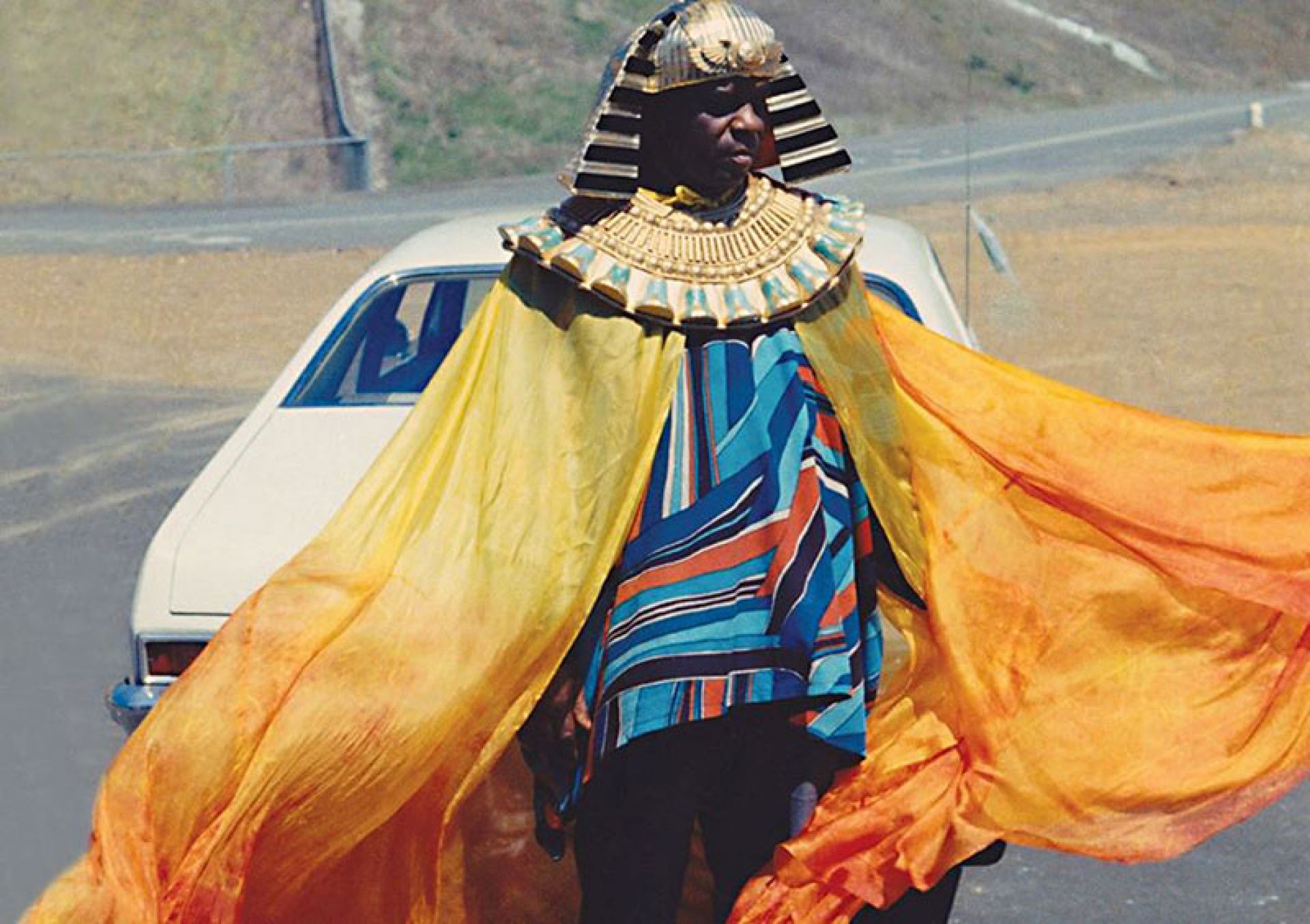
foto: Sun Ra
Strongly based on the African roots and ancestry of Black people, Afrofuturism is a philosophical and aesthetic movement that aims to include Black people in the speculation of humanity's future. The movement aims to question not only current dilemmas but also to revisit the events of the past.
Bottom line:
Afrofuturism is a space of exclusively Black authorship, where it shows Black protagonism differently from the stereotypes constructed by society. It is a form of Afro-centric representation that seeks to make the Black community as well as their issues visible by combining culture, Philosophy, African Art, elements of Science Fiction and fantasy.
See a reference in: - Beyoncé, Shatta Wale, Major Lazer - ALREADY
From BLACK IS KING, a visual album by Beyoncé, featuring music from The Lion King
In Brazil:
It is not possible to talk about Afrofuturism without mentioning two content creators that represent more than 30% of the total buzz in the last 4 months on the subject: Morena Mariah and Ale Santos (Infiltrados no Cast). Morena is a researcher and studies the Afrofuturist movement as the work of her life, while Ale Santos is the host of the podcast Infiltrados no Cast, which among other relevant topics, dedicates much of its episodes to explore and learn more about the Afrofuturist movement.
Despite the relatively low volume of searches on the term, which indicates that the conversation still remains within a certain niche, the subject has certainly grown in relevance and is something we will possibly hear a lot about in the near future. The numbers have been growing over the months (much thanks to the efforts of Morena and Ale), but also by a slow insertion of the discussion in the mainstream media. Recently, GNT's "Saia Justa" program hosted a panel discussion on the subject, with the presence of the singers Pitty and Gaby Amarantos and YouTuber "Spartakus".
Gaby Amarantos has become a great enthusiast of the Afrofuturist aesthetic, which has drastically changed the look of her clips and social networks. See one of her references here: Ilha do Marajó - Gaby Amarantos feat. Verequete and Waldo Squash.
Another important point remembered by the singers was that Afrofuturism has Brazilian representatives and it is important to highlight them. The African-American movement in the USA is the main and strongest in the West, but the context and reality in Brazil manifest themselves differently in culture and in the arts.
Want to know – much – more about Afrofuturism?
As the movement is still new in Brazil, much of its national content is still within certain niches of influence. Names like Xênia França, a singer strongly influenced by her contact with the movement, Jonathan Ferr, named Afrofuturist pianist and a big name for international Afrofuturism, and Fábio Kabral, renowned writer, main exponent of Brazilian Afrofuturist literature in 2020 and also a participant in TEDxMauá 2019 (where he delivered a speech about Afrofuturism entitled "What is Afrofuturism?") are important for those who want to be inside a movement that has started to gain shape and increasingly relevance all over the planet.

